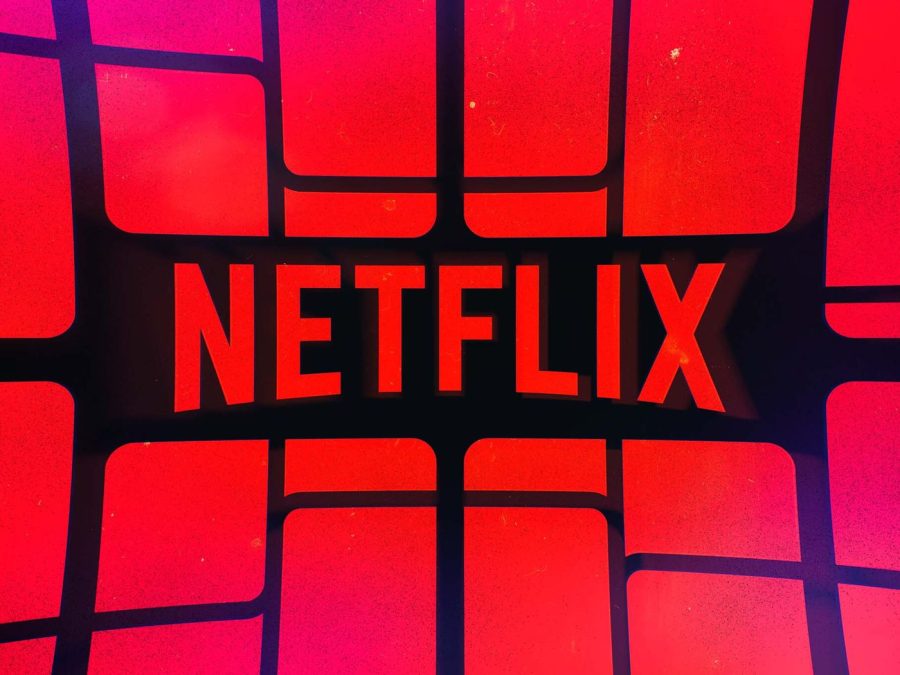Netflix Combats Password Sharing
February 21, 2023
On the first of this month, Netflix revealed the exact details of its anti-account sharing strategy. Months ago, the streaming giant announced that in order to appeal to its shareholders, it was going to crack down on the practice of account sharing, where any number of people from different “households” would share the same Netflix account. But what exactly does the password-sharing policy entail?
Essentially, Netflix accounts will be connected to a home’s IP address, more simply its Wi-Fi. Netflix will only allow devices that have been connected to that IP address in the last month to access the Netflix account. While this sounds simple enough, customers have pointed out a myriad of issues.
First, this new rule presents an issue for those who don’t have a “household,” as Netflix puts it. From those who travel a lot, to people who don’t necessarily have a set “home” for their IP address. The new rules seem to simply not take these people into account, causing many customers to feel as if Netflix is leaving them behind.
Another issue is families may not live in the same household. Netflix has always advertised many of their plans as “family plans,” yet now it seems they are assuming that all families live in the same home. From college students to extended families, the new Netflix rules are unable to work with this kind of family structure.
Considering all of these complaints, it’s apt to ask why Netflix would pursue such an unpopular policy. The answer may lie in the changing landscape of streaming services. For the past decade, Netflix was the giant of streaming services, the place those would turn to if they wanted a consistent, well-stocked collection of movies and TV. This may not be the case anymore.
Gone are the days of Netflix’s dominance and effective monopoly over the streaming industry. With an increasing number of serious competition from other streaming services and even improvements in piracy, Netflix can no longer rely on profits increasing simply from brand recognition. This new, controversial business strategy may be Netflix’s way to remain on top, and please shareholders, with customers getting the short end of the stick.






